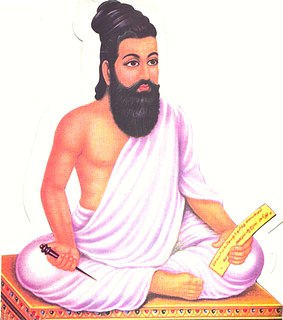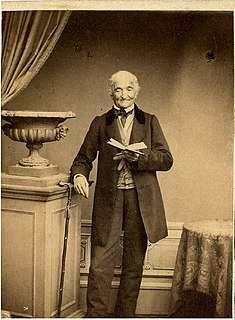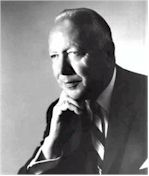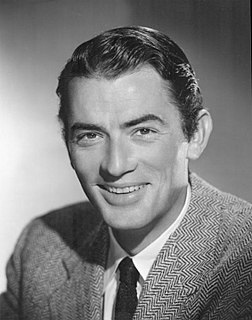A Quote by Thiruvalluvar
Indulgence in frivolous speech not only reveals one's lack of moral character, but it deprives him of good qualities also.
Quote Topics
Related Quotes
Self-indulgence takes many forms. A man may be self-indulgent in speech, in touch, in sight. From self-indulgence a man comes to idle speech and worldly talk, to buffoonery and cracking indecent jokes. There is self-indulgence in touching without necessity, making mocking signs with the hands, pushing for a place, snatching up something for oneself, approaching someone else shamelessly. All these things come from not having the fear of God in the soul and from these a man comes little by little to perfect contempt.
In liberal society we claim that freedom of speech is sacred and therefore has an absolute character. But we know (or should know) that "free speech" inhabits a structured space: not only is "hate speech" legally forbidden in liberal societies, but there are also laws protecting the circulation of copyrighted material, and the reproduction of trademarks and patents without explicit permission.
If a man of good natural disposition acquires Intelligence [as a whole], then he excels in conduct, and the disposition which previously only resembled Virtue, will now be Virtue in the true sense. Hence just as with the faculty of forming opinions [the calculative faculty] there are two qualities, Cleverness and Prudence, so also in the moral part of the soul there are two qualities, natural virtue and true Virtue; and true Virtue cannot exist without Prudence.
I see the liberty of the individual not only as a great moral good in itself (or, with Lord Acton, as the highest political good), but also as the necessary condition for the flowering of all the other goods that mankind cherishes: moral virtue, civilization, the arts and sciences, economic prosperity.





































